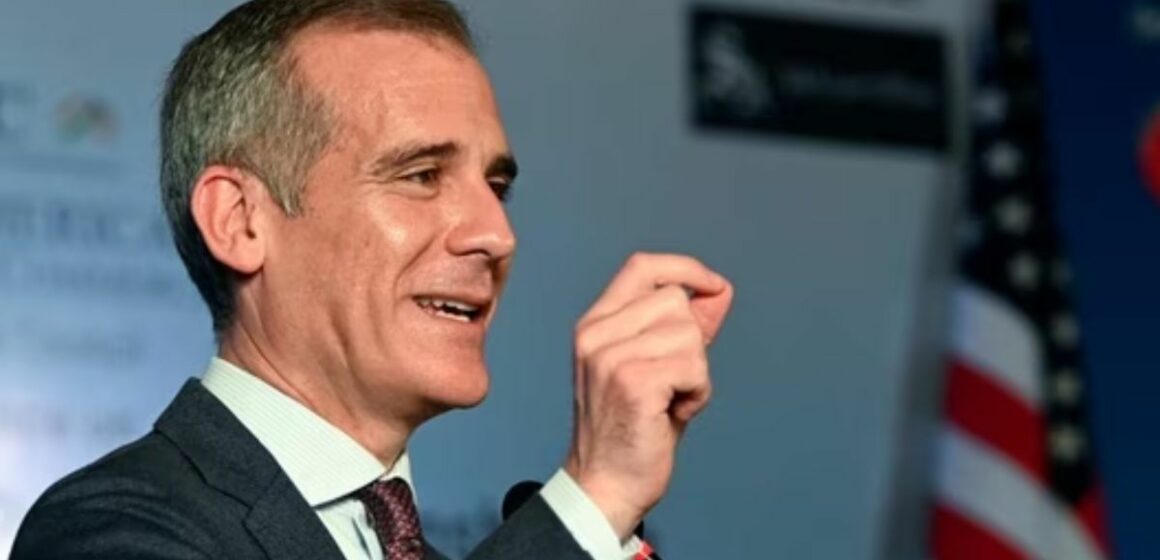In a significant address at the Defence News Conclave, US Ambassador to India Eric Garcetti stirred debate with his assertion that “there is no such thing as strategic autonomy in times of conflict.” This statement challenges traditional notions that nations can maintain complete independence in their strategic decisions during global crises.
Garcetti emphasized the interconnected nature of modern conflicts, stating, “No war is distant anymore.” This perspective reflects the reality of today’s globalized world, where geopolitical events have far-reaching consequences beyond immediate borders. In such a context, Garcetti argued that nations must prioritize alliances and cooperation over isolationism to effectively navigate international crises.
For India, which has long upheld the principle of strategic autonomy in its foreign policy, Garcetti’s remarks raise pertinent questions. While strategic autonomy allows India to pursue independent foreign policy decisions, it faces challenges during global conflicts, as highlighted by Garcetti. His emphasis on mutual trust and shared capabilities among allies underscores the importance of building robust partnerships in times of uncertainty.
The ongoing Russia-Ukraine conflict serves as a backdrop to Garcetti’s comments, particularly in light of Prime Minister Narendra Modi’s recent interactions with Russian President Vladimir Putin. Modi’s diplomatic engagements have drawn scrutiny amidst criticism from Ukrainian President Volodymyr Zelenskyy, illustrating the complexities India faces in balancing its international relationships.
Garcetti’s perspective invites a reevaluation of India’s strategic stance, prompting considerations on how the country can strengthen its alliances while preserving its autonomy. As global dynamics evolve, Garcetti’s call for deeper cooperation resonates, suggesting that nations must adapt their strategies to ensure collective security and stability.
US Ambassador Eric Garcetti’s remarks challenge conventional beliefs about strategic autonomy in a world increasingly shaped by interconnected conflicts. For India, navigating these complexities requires a delicate balance between maintaining independence and forging strong alliances to meet global challenges effectively.

